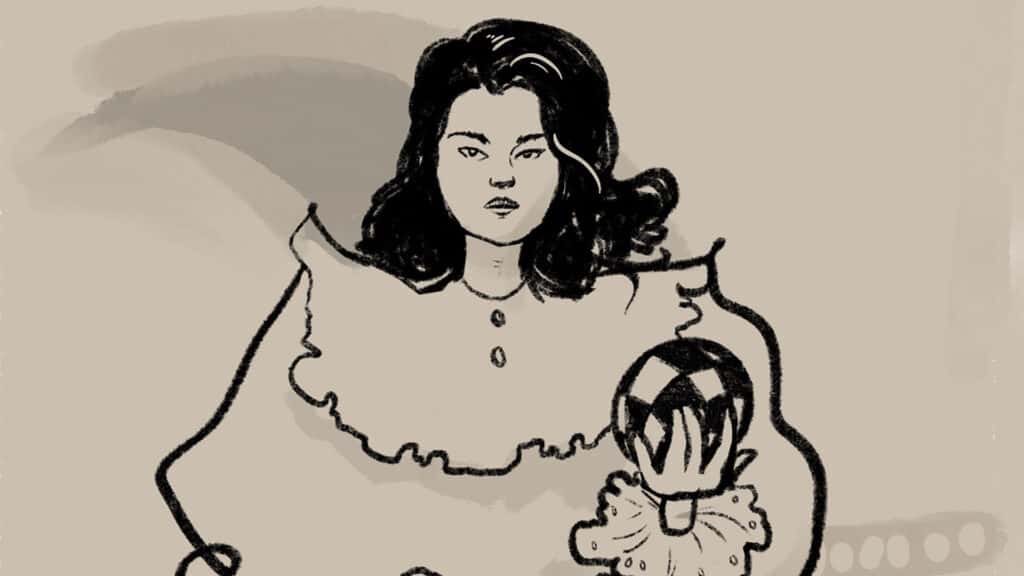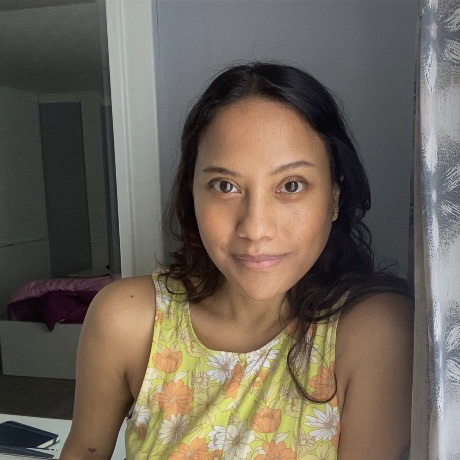Mastery
A book report

The situation
Robert Greene, the bestselling author of The 48 Laws of Power and The Art of Seduction, published Mastery in 2012.
The book
The 48 Laws of Power, beloved of gym bros, CEOs, and hip-hop heads everywhere, made a big splash when it was published in 1998. 50 Cent loved it so much that he collaborated with Greene on The 50th Law, which frames him as a sort of modern-day Machiavelli which is unbelievably flattering for someone like him. Right? You know he loves it. Here are two things I know about 50 Cent:
- He got shot 9 times.
- He made millions of dollars from the Glaceau Vitaminwater sale to Coca-Cola.
Anyway, Power, which I have also read through (one doesn't really read it the whole way through, if one is being entirely honest), is a wildly fascinating and fun book to peruse with friends while drinking wine and I have all respect for it.
Mastery — to bring us to the point — is very different, and spans the lifetimes of quite a few "Masters" (some of whom are still alive — in that case, it follows them only up to a point). Greene's own career is actually quite relevant to this blog: he published Power when he was 39, having already pursued at least two different careers.
“If I was 10 years younger, I might not have recognized that this was my one chance, that this was something you don’t screw up,” [Greene] said, citing the importance of two other “Mastery” themes.
Steven Kurutz, The New York Times
To achieve mastery — to be able to acknowledge yourself as a Master of a skill, a field, or a vocation — you must progress through three stages:
- Apprenticeship
- Creative-Active
- Mastery
And before that, of crucial importance, is finding the right field to master. What is the use of great talent if you don't care about it? In fact, you will never reach the height of mastery if this "thing" is not also your passion. You are depriving yourself of your own potential.
If you lose contact with this inner calling, you can have some success in life, but eventually your lack of true desire catches up with you ... You may grow frustrated and depressed, never realizing that the source of it is your alienation from your own creative potential.
Robert Greene, Mastery
Once discovered, the person must then enter into apprenticeship, often with intimate and prolonged cooperation from an expert mentor. Greene is a proponent of the "10,000 hours" rule, previously popularized by Malcolm Gladwell in his 2008 book Outliers.
... those who have researched the subject repeatedly come up with the number of 10,000 hours. This seems to be the amount of quality practice time that is needed for someone to reach a high level of skill ... it generally adds up to seven to ten years of sustained, solid practice — roughly the period of a traditional apprenticeship.
Robert Greene, Mastery
Once the apprenticeship is completed, the person moves onto the Creative-Active phase of their lives. Greene describes it in the book as the time when "your mind will want to become more active, seeking to use this knowledge in ways that are more suited to your inclinations." Creative-Actives hone their knowledge and put it into practice, attaining ever more expertise, and ascend to the top of their professions.
As their powers continue to coalesce, the Creative-Active becomes a Master.
Throughout history we read of Masters in every conceivable form of human endeavor describing a sensation of suddenly possessing heightened intellectual powers after years of immersion in their field ... In all of these instances, these practitioners of various skills described a sensation of seeing more.
Robert Greene, Mastery
It is at this point, we must accept, that they become as gods.
If there was one core idea or point you could take away from the book, what would it be?
This is an incredibly information-rich book which I have outlined from the widest of lenses. It has a great deal to say about the wonders of reaching one's own pinnacle, and emphasizes the gravity of being able to identify this path. It's also important to acknowledge that you don't need to be an actual, certified genius (Charles Darwin wasn't), but you do need a few other things, such as the courage of your own convictions. In other words, you need to keep doing what you're doing in order to get where you want to go. There are no shortcuts.
It bears repeating: There. Are. No. Shortcuts.
What are some issues that could be present?
The 10,000 hour rule has garnered a lot of criticism.
The 10,000-hour rule perpetuates the exhausting idea that we all can, and therefore should, be great at anything we put our minds to. And it can blind us to the joy that can be found in mediocrity. The 10,000-hour rule is compelling in a world that clings to the idea that people rise up through society based on merit. And that’s a myth worth debunking too.
Brian Resnick, Vox
Similarly, a 2014 Slate article on the subject boasts a tagline reading, "We are not all created equal where our genes and abilities are concerned."
.. recent research has demonstrated that deliberate practice, while undeniably important, is only one piece of the expertise puzzle—and not necessarily the biggest piece. In the first study to convincingly make this point, the cognitive psychologists Fernand Gobet and Guillermo Campitelli found that chess players differed greatly in the amount of deliberate practice they needed to reach a given skill level in chess. For example, the number of hours of deliberate practice to first reach “master” status (a very high level of skill) ranged from 728 hours to 16,120 hours. This means that one player needed 22 times more deliberate practice than another player to become a master.
David Z. Hambrick, Fernanda Ferreira, and John M. Henderson, Slate
You could go quite far down this rabbit hole, but in practical terms, I opine that if you make a concerted effort to succeed at something, you can get there. The challenge, as emphasized in the book and mentioned earlier in this article, lies in finding the right thing to try to succeed at. It serves no one — least of all you — if you strive merely for mediocrity in your chosen field.
Everyone is a genius. But if you judge a fish by its ability to climb a tree, it will live its whole life believing that it is stupid.
Not Albert Einstein (Maybe a guy named Matthew Kelly?)
Okay, so Albert Einstein didn't say this, but I do think it holds true. (Here's an entire investigation about that quote)
A lot of us are told that Albert Einstein was a genius. He was ... but he also graduated "near the bottom of his class" (Greene, Mastery) and took a boring desk job in the Swiss Patent Office where he could spend his spare time working on his first theory of relativity. Charles Darwin (another indifferent student), resisted heavy paternal pressure and escaped on a boat to South America, en route to his destiny. Conversely, Zora Neale Hurston, deprived of an early education when her father stopped paying her tuition, lied about her birthdate and enrolled in high school as a 26-year-old woman, going on to attend Howard University after graduation.
What's the bottom line here? It's that you should pursue your calling, whatever the adversity. It's a fine lesson from a man who published his first book at 39. And honestly, once you're confronted with the wealth of biographical information about various Masters in history, whining about being nearly 40 years old seems rather small-minded and self-limiting.
Final Thoughts
I would recommend this book to anyone who is interested in pursuing something greater than what they've got.
It is not especially cool, these days, to say that you want to be the greatest, unless you're Serena Williams. There is even controversy in saying that you're not happy with your life. It seems to provoke a certain kind of negative Nancy, who will come out of the woodwork to shake their fingers at you. People also feel it calls into question their lives and their choices — because if what they have is similar to what you've got, then aren't you saying, in some insidious way, that their lives aren't good enough either?
Most people are content to just get by. I would argue that this is antithetical to what I am trying to accomplish here: we've been "getting by" for most of our adult lives — we'd like to start succeeding. Perhaps not all of us can become Masters, but we can certainly strive to get there: and I do believe — with my whole heart — that effort, freely and joyously sustained, pays off. No matter what.

Hi! I'm Piya. I'm a freelance creative starting a new career, and I want to help you start yours, too.